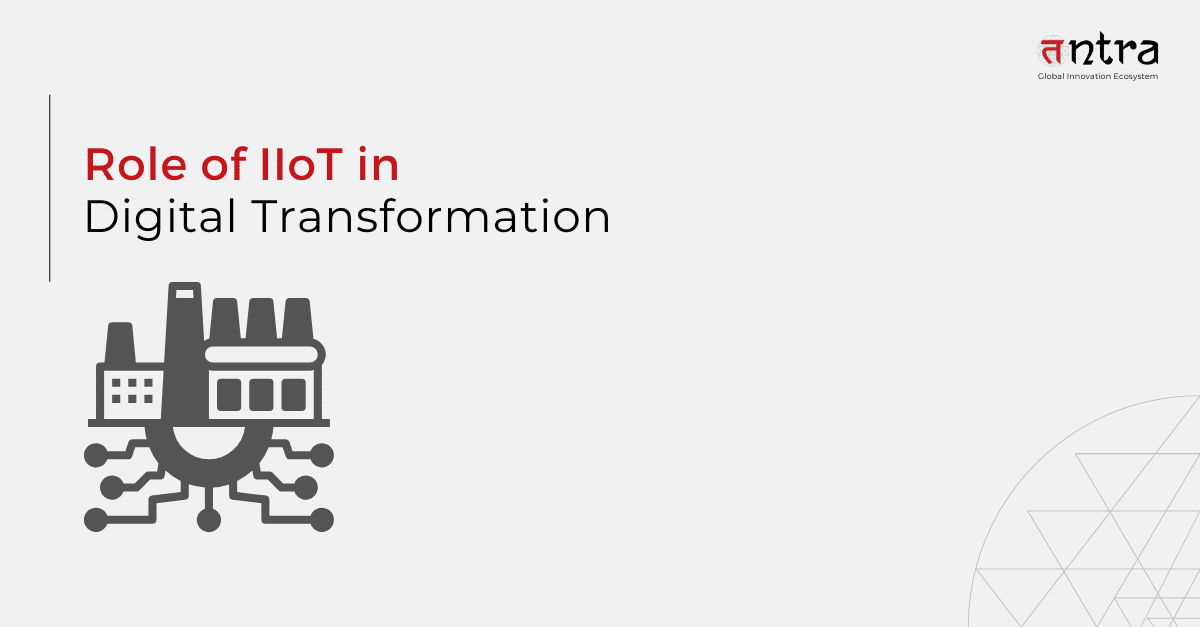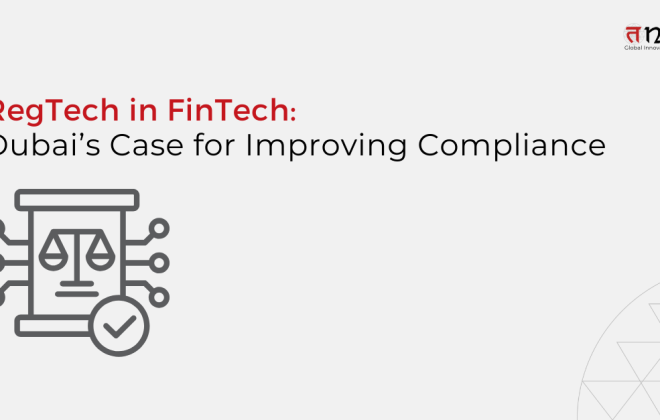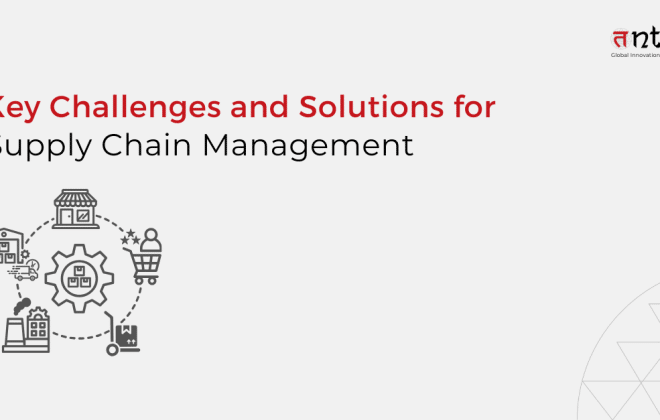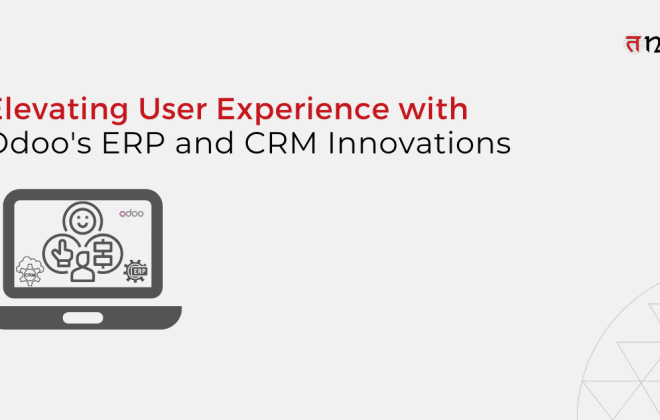
Role of IIoT in Digital Transformation
Table of Contents
ToggleThe Industrial Internet of Things, or IIoT, is elevating the manufacturing and operational capabilities of production companies across the globe. The IIoT market is expanding exponentially, and enterprises are integrating smart devices to improve their profitability. This story highlights the key benefits of IIoT that can provide companies with a competitive advantage. It also focuses on how IIoT is bringing an enterprise-wide digital transformation in a short span of time.
The enormous aircraft company Airbus has started a digital manufacturing project called “Factory of the Future” that is based on IIoT (Industrial Internet of Things). The corporation has equipped its employees with wearable technology, such as “smart glasses,” and implemented sensors and tools into its shop floors, encouraging digital transformation. The devices are intended to lower mistakes and raise workplace safety. Robotic tools that perform various tasks get the information gathered from these devices. This connectedness accelerates manufacturing, but quality and dependability also rise.
The massive online retailer Amazon leverages IIoT to streamline its shipping processes. Amazon uses robots equipped with WiFi to gather and arrange goods in their expansive warehouses. This large-scale human-machine collaboration, which has allowed Amazon to reduce operating expenses by 20%, is made feasible by IIoT technology.
The robotics manufacturer Fanuc implements IIoT for digital transformation to reduce downtime in its manufacturing operations. Fanuc can anticipate when a machine or system will break through the use of sensors and analytics stored on the cloud. This is known by Fanuc as the “Zero Downtime System,” and it is generally seen as the most extreme measure to reduce, if not completely eliminate robotic system downtime.
These three examples showcase the prowess of IIoT in inspiring digital transformation across the organization. With IIoT, these companies have improved their operations and augmented their business capabilities.
(Source: Worximity)
The age of Industrial Internet of Things (IIoT)
Global revenue from the Industrial IoT industry is expected to rise significantly, reaching an astounding US$325.80 billion by 2024, according to forecasts. It is anticipated that this market category will grow at a robust rate of 12.68% CAGR from 2024 to 2028, reaching a market size of US$525.20 billion by that time.
IoT sensors are deemed vital by 58% of manufacturers to digitally alter their industrial activities. It is anticipated that 80 percent of industrial manufacturing enterprises will use IoT technology.
IIoT applications are used in 62% of aviation and aerospace processes and 64% of power and energy operations in the industrial sector. The Industrial Internet of Things has revolutionized numerous industries. It offers expansion, creativity, and numerous chances to improve operations.
Why the Industrial Internet of Things (IIoT) is Gaining Traction
IIoT technologies and Big Data have proved to be helpful for processing information in real-time, helping to create Digital Twins that facilitate more strategic and agile decision-making in the manufacturing process, analyzing additional data to predict maintenance, enabling machine learning (self-adapting), scheduling production, and improving product design and manufacturing with CAD/CAM systems. Companies can achieve operational excellence with IIoT.
Smart manufacturing may track production in real-time and provide comprehensive insight into shop floor operations by implementing IoT. Supervisors and managers can get a sense of what’s happening throughout the manufacturing floor by connecting to and extracting data from the equipment on the shop floor.
Managers can find issues and their underlying causes by using the insightful insights that can be obtained from this data analysis. As a result, the system is continuously improved by the producers.
Adopting IIoT forces manufacturers to automate production processes. Eliminating human error from even the most automation-hungry operations reduces the likelihood of defective products leaving the production line.
Due to higher customer happiness and improved brand recognition, the company becomes more profitable with noticeably fewer quality flaws.
How IIoT is Bringing Enterprise-Wide Digital Transformation
IIoT devices are more capable than ever of gathering data from their surroundings, responding to it, and making it available. In a large factory, for example, if a machine stops working in one area, smart monitoring can instantly send a message to a machine in another region to take over and avoid a backlog while the first stoppage is fixed. IIoT devices enable more effective control and monitoring, which lowers costs.
Here are some ways IIoT can bring operational efficiency and data-driven decision-making –
- Predictive Equipment Maintenance
The days of emergency repair techniques are long gone. IIoT sensors track the condition of the equipment, look for irregularities and forecast maintenance needs. By being proactive, this strategy lowers expenses, minimizes downtime, and increases the lifespan of important assets. - Integrated Supply Chains
End-to-end supply chain visibility and traceability are made possible by IIoT. IIoT guarantees seamless integration, reducing delays and optimizing resources in everything from inventory management and logistics to demand forecasting and supplier collaboration. - Industrial Safety
Industrial environments place a high priority on safety, and IIoT is essential to improving workplace safety. Risks may be quickly identified and reduced with continuous surveillance, predictive analytics, and autonomous safety systems, protecting personnel and property. - Energy Management
Smart energy management, energy consumption monitoring, and usage pattern optimization are made possible by IIoT. Through the identification of energy-saving options, a software product engineering company can help manufacturers lower expenses, lessen their environmental impact, and make improvements. - Remote Equipment Monitoring
Smart energy management, energy consumption monitoring, and usage pattern optimization are made possible by IIoT. Through the identification of energy-saving options, a software product engineering company can help manufacturers lower expenses, lessen their environmental impact, and make improvements.
Industrial Internet of Things is Here to Stay
Successful digital transformation is the outcome of reworking operational plans to innovate use of priceless current assets. Businesses will need to change the way they think in order to benefit from the future of IIoT and digital transformation fully. This new way of thinking must begin with the realization that analog solutions are not ideal and do not offer the information required to operate sophisticated industrial facilities. Lastly, it’s important to recognize that process optimization heavily relies on the Internet of Things, networking, and SaaS technologies.
Tntra software engineering is central to the industry’s digital transformation era. Through our global partner ecosystem, we enable manufacturers, healthcare facilities, oil and gas companies, and many other enterprises to digitally connect to the data revealed by increasingly smart devices.
Contact us today for a free consultation!





